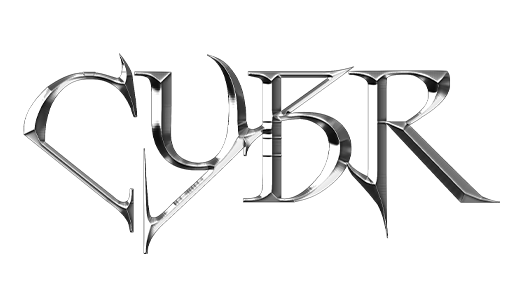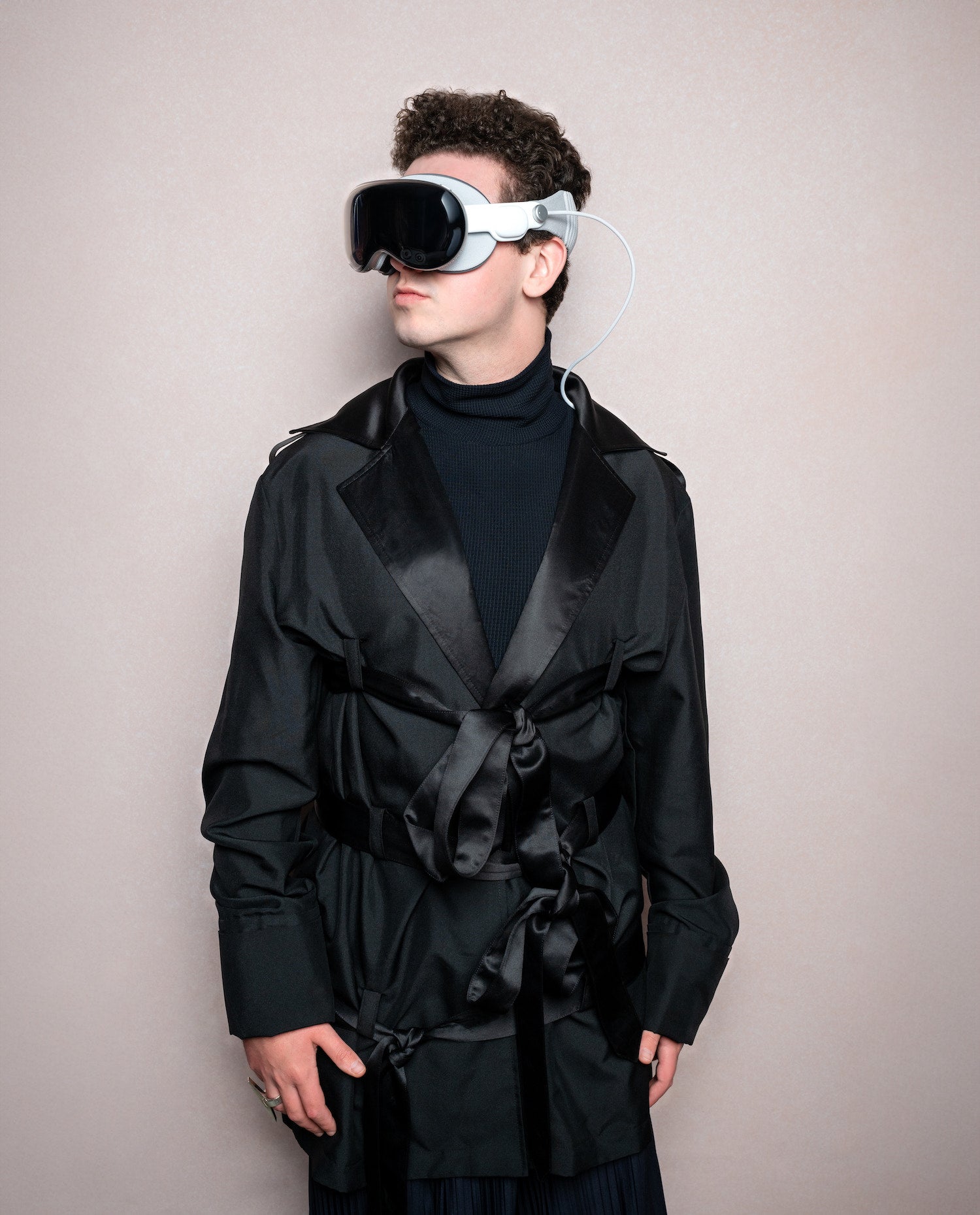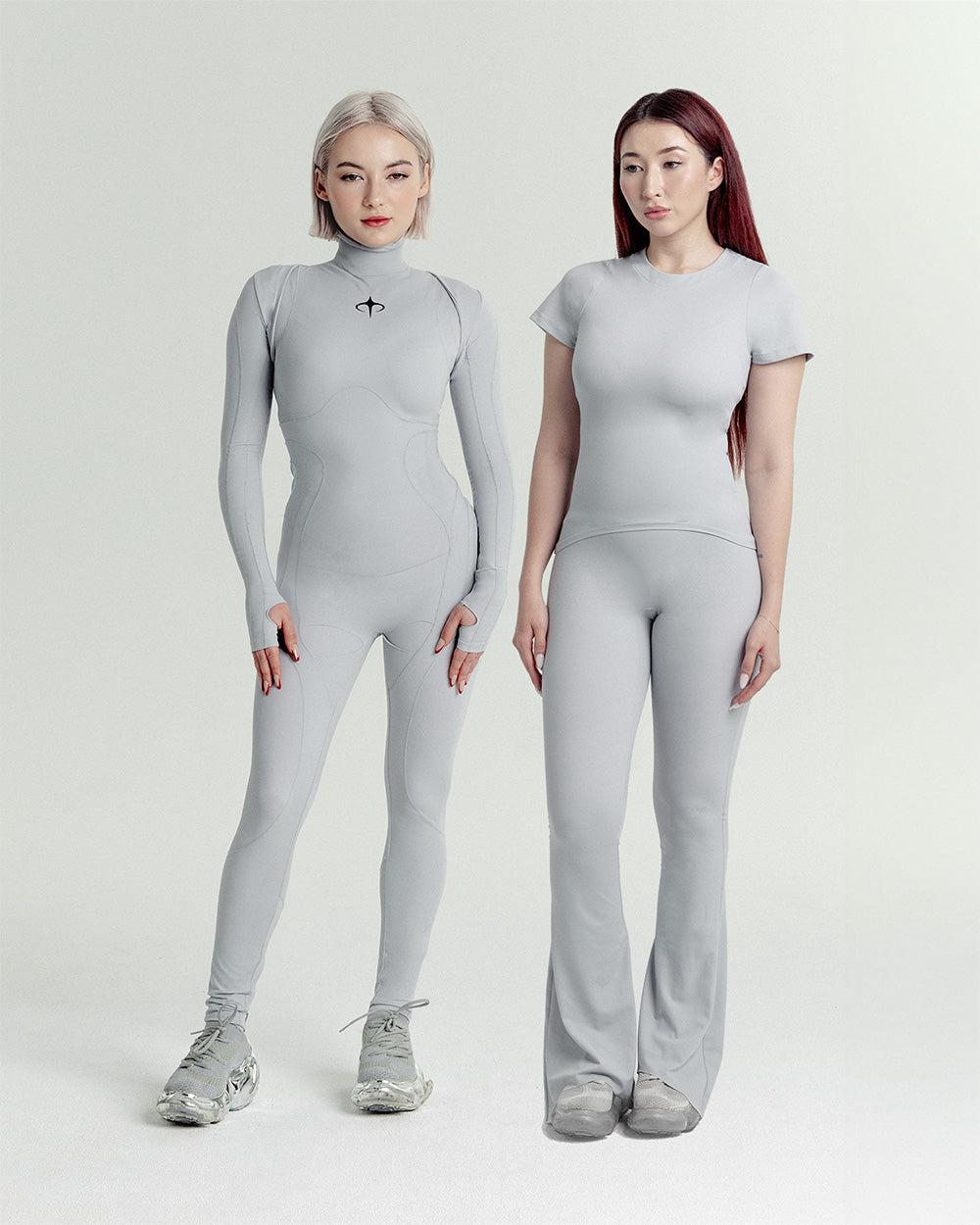Hey David, for those who may be unfamiliar with you can you introduce yourself?
I’m David Cash, founder and CEO of the Digital Fashion Designers Council (DFDC) and managing director of Cash Labs, an award-winning innovation agency recognized by Vogue as one of the leaders facilitating the Web3 movement. I've spent most of my life in entertainment, starting as a child actor for 12 years and then working as a creative director, director, and photographer through my production company for seven years. In 2021, I launched Cash Labs after writing the first master's thesis on NFTs. I’m best known for conceptualizing and producing the first-ever Metaverse Fashion Week, which has garnered over 9 billion impressions across media. My focus now is on uniting platforms, brands, and consumers to shape the future of fashion.
After months in the making you’ve just launched DFDC, the Digital Fashion Designers Council. What’s the primary goal for DFDC, and why did you bring it into existence?
The DFDC has been a labor of love, driven by many innovators and collaborators who've laid the groundwork for years. This is part of a broader industry shift, where digital fashion, gaming, and social media are no longer just debates but key elements for fashion brands. The Digital Fashion Designers Council (DFDC) was created to unite digital and physical fashion brands with today’s digitally native consumer, who largely shop online across multiple devices. We're in an age of cross-platform utility and interoperability, but current technology and brands don’t fully support this lifestyle. Our goal is to establish standards and policies to connect platforms, brands, and consumers, ensuring the fashion industry is prepared for the future. With advancements like AI, spatial computing, a following the success of Metaverse Fashion Week, it’s the perfect time to come together to push the industry forward.
Digital Fashion has had a huge amount of energy and creativity behind it but has had a tough 2024, so why launch the DFDC now?
Digital fashion is stronger than ever, even though the terminology and perceptions around it have shifted. Many people engaging with digital fashion daily don’t consider themselves digital fashion designers. Still, over 60% of the global population interacts with digital fashion through gaming, AR, or social media, using avatars, skins, and AR filters. While the NFT hype cycle has cooled, brands and the industry have made significant progress, especially with digital innovations like the Aura Blockchain Consortium’s Digital Product Passports, which have tokenized over 180 million products in the past months alone. The most successful brands are now those integrating digital seamlessly into their user experiences, such as through 3D modeling and AR in advertising and e-commerce. Digital craftsmanship continues to evolve, with more of the fashion industry embracing these technologies.
Will there be a program to support new and emerging talent, and how do creators apply or get noticed for this?
The DFDC is dedicated to integrating and validating digital fashion within the traditional fashion system, focusing on supporting digital fashion designers. We aim to recognize and promote 3D artists and digital creators as serious craftspeople. To do this, we've begun offering honorary memberships to talented creators, from 3D artists at brands like Burberry and Chanel to leading artists like Jason Ebeyer and Shavonne Wong. Our mission is to evangelize, support, and create opportunities for digital fashion designers through brand collaborations, exhibitions, and sponsorships. We also have global programming, such as events at New York Fashion Week, Paris Fashion Week, and Epic Games Studio in London, to showcase both established and emerging talents on an ongoing basis. As we continue to develop, we plan on voting in new brands and members for support on a regular basis.

CYBR Magazine cover star Isabelle Boemeke by DressX
It’s clear that traditional fashion weeks have lost the magic of a decade ago. Through the DFDC how do you see traditional fashion weeks evolving to an exciting future?
Aside from video quality, fashion weeks have mostly stayed the same since first being digitally recorded in the late 90s. They remain exclusive in-person events, with most people experiencing them as third-party viewers. The real opportunity lies in creating interactive, immersive experiences across multiple platforms—social media, gaming worlds, AR, and VR—allowing global consumers to engage directly with collections. Luxury brands thrive on storytelling; without leveraging digital platforms effectively, they're missing out on a huge opportunity. The industry must shift to integrate these multi-platform experiences to engage and reward consumers, moving beyond tech gimmicks toward meaningful, future-facing activations. Right now, fashion hasn't even fully caught up with present technology, and that's starting to be more palpable to consumers and the industry as a whole.
You’re about to put on events at fashion weeks around the world, what do you have coming up, and where can our community get involved at these events?
We’re excited to launch Fashion Week Connect (FWC), our debut and ongoing event series, starting with New York Fashion Week 2024, Spring-Summer '25. We're presenting the largest IRL digital fashion exhibition in Fashion Week history alongside media, brands, and industry members. Next, we'll activate in London with Epic Games, showcasing holograms, mixed reality demos, and AR mirrors by brands like Balenciaga and Prada. In Paris, we’ll collaborate with Fabrics at the Palais de Tokyo, featuring East Meets West talent through AR mirrors. We’ll wrap up in Singapore at Next in Vogue with hologram runways, Apple Vision Pro demos, and more. We also have additional private industry events and exciting partnerships to announce soon.
What is your hot take on technology in fashion to happen by 2030, how do you see the future evolving?
I love this question about the future of fashion, though it's more complicated than ever to predict trends beyond 6 to 12 months. People looked 5 to 10 years ahead in the past, but with the rapid pace of technology, like AR, AI, and VR, predicting the future has become complex. As technology advances faster than we can fully comprehend, things like brain-computer interfacing and controlling environments with thoughts will soon be a reality. The consumer experience will remain crucial, becoming more gamified as we seek more accessible, rewarding interactions. Prioritizing seamless and frictionless experiences is vital, and interoperability will allow users to move effortlessly across platforms and contexts.
Follow more from the DFDC here.


